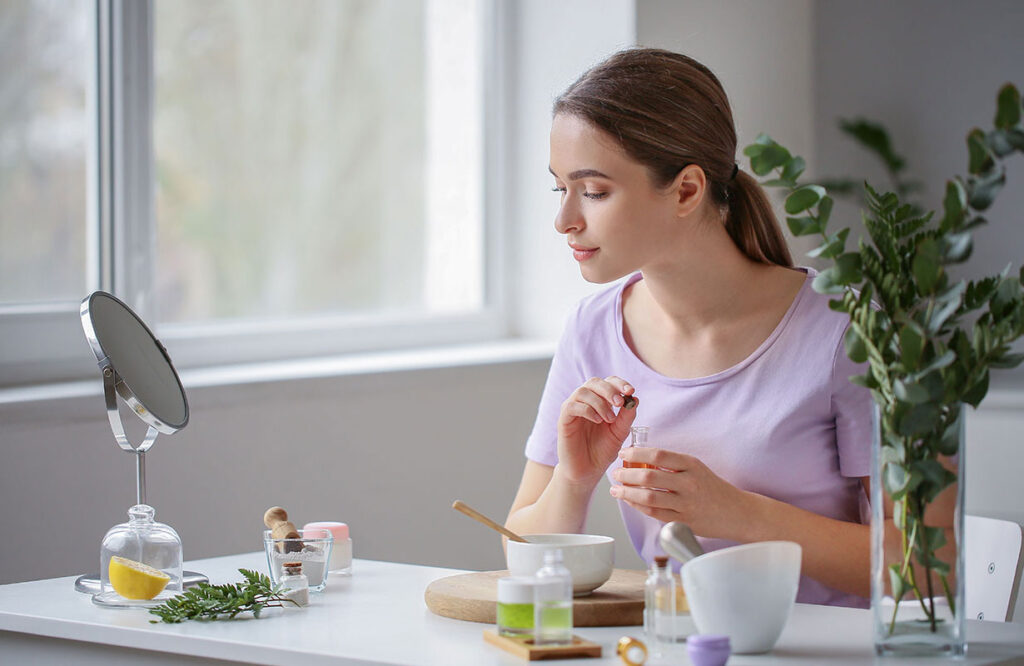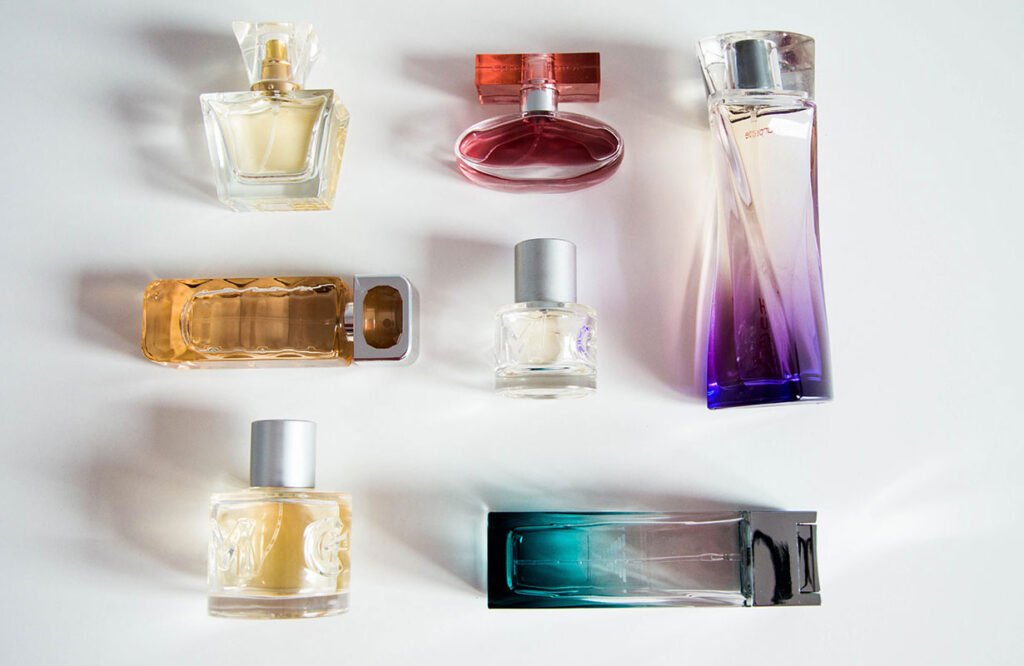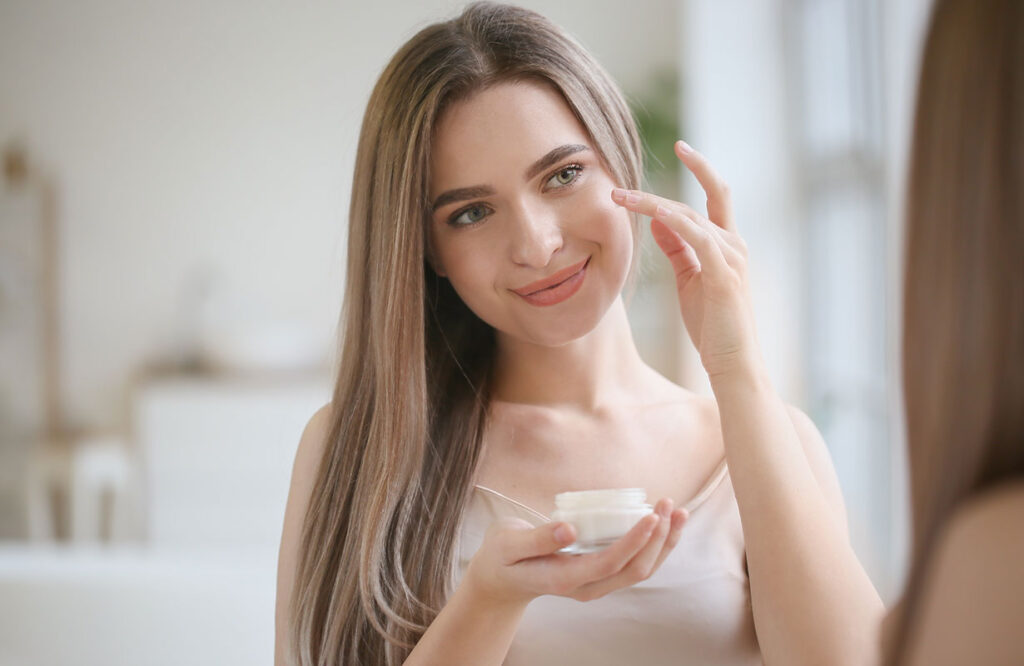Everyone can start, no matter your experience. Skincare isn’t just a minor concern or a luxury; it’s how you care for the body’s largest organ: your skin. Whether you’re dealing with acne, dryness, sun damage, or want to feel better about yourself, Skincare is about maintaining skin health, preventing problems, and addressing specific needs. So, ‘What is skincare, and why is it important?‘
Let’s answer this question.
Skincare is not a complex science. It’s about keeping your skin clean, protected, and healthy. It involves simple steps, such as washing your face, applying sunscreen, and using products for specific issues. For beginners, a straightforward routine is all you need: cleanse with a gentle cleanser that suits your skin type, moisturize, and apply sunscreen for UV protection. At night, cleanse again and moisturize to help your skin recover. It’s that simple.
Skincare is about function, prevention, and self-care, not perfection. It is daily maintenance for a living barrier, focusing on essentials to keep skin healthy.
Why Skincare Matters
Your skin protects your body, controls temperature, and senses pain, pressure, heat, and cold. Its thin outer layer blocks most germs, making your defenses stronger. But skin faces daily challenges from the sun, pollution, germs, sweat, stress, and harsh products.
Skincare helps:
- Prevent skin problems like acne, sunburn, or premature aging
- Manage existing concerns such as rosacea, dark spots, and dryness
- Enhance your skin’s appearance in terms of tone, texture, and glow
- Support your overall health through barrier protection and hydration
- When your skin is healthy, it performs and feels better.
What Skin Needs
No matter your skin type—dry, oily, sensitive, or combination—everyone needs these basics:
- Cleanse: To remove dirt and make-up.
2. Moisturizing: To maintain hydration and protect the skin barrier.
3. Sun protection: To prevent damage from UV rays.
Everything else—serums, exfoliants, toners, treatments—is optional, based on your goals.
Skincare Isn’t One-Size-Fits-All
What works for others may not work for you. Your skin type, environment, habits, and age all play a role. Ask how your skin feels midday to identify your type and guide your routine.
To check your skin type, use a blotting sheet on your forehead, nose, cheeks, and chin. A lot of Oil means oily skin; little to none, dry; a mix, combination; a little, standard. Once you know, choose products accordingly: oil-free or mattifying for oily skin, richer formulas for dry skin, balanced for combination skin, and gentle for normal skin.
- Dry skin may need rich moisturizers and cleansers.
- Oily skin may benefit from lightweight products and exfoliation.
- Sensitive skin needs simple, fragrance-free formulas.
- Mature skin may want ingredients that support elasticity and tone.
- Do not copy someone else’s routine.
Skincare Ingredients
Skincare products work because of their ingredients. Some add moisture (hyaluronic acid), others protect (antioxidants), and some treat problems (salicylic acid, retinol). To avoid bad reactions, it’s crucial to do a patch test with new products. Apply a small amount to a hidden area and watch for any reaction for 1-2 days. This step can help you identify potential irritants before they affect your entire face. Add new products slowly—one per week or two—so you can see how your skin reacts and prevent irritation.
A few common types:
- Hydration: Hyaluronic acid, glycerin
- Exfoliants: AHAs (glycolic acid), BHAs (salicylic acid)
- Antioxidants: Vitamin C, niacinamide, green tea extract
- Treatments: Retinoids, peptides, azelaic acid
- Soothers: Aloe vera, panthenol, ceramides
Knowing what ingredients do lets you pick what works and ignore the hype.
Myths to Skip
Here are a few common misconceptions about Skincare:
“More products = better skin.” Nope. Overloading your routine can damage your skin.
“You only need sunscreen in summer.” False. UV rays are there all year long.
“If it stings, it’s working.” Not always. Burning or stinging usually means irritation.
“Natural = safe.” Poison ivy is natural. Just saying.
Good Skincare is about using what works for you, consistently and effectively.
Skincare and Mental Health
Skincare can also have emotional and mental benefits.
- A moment of calm in a busy day.
- It’s a way to care for yourself.
- It can improve self-esteem, especially for people dealing with visible skin conditions.
To sum it all up, what is Skincare?
Skincare is health care. Give your skin what it needs to function, feel, and look its best. Don’t aim for perfection—be informed, consistent, and gentle. Start prioritizing your skincare routine today.


